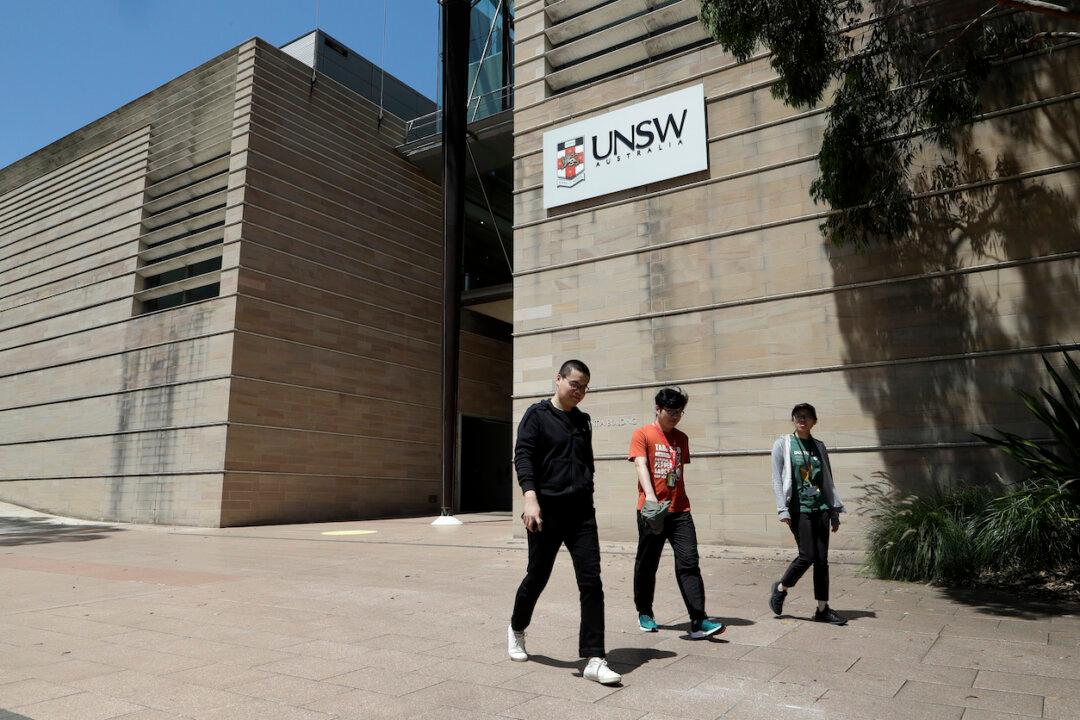Tens of thousands of Chinese students will have to return to Australian campuses after a sudden ban on remote studying for overseas diplomas by the Chinese Education Ministry.
On Jan. 28, the Chinese Service Center for Scholarly Exchange under the Education Ministry announced that from the first semester of 2023, the Center would no longer recognise overseas diploma certificates obtained through remote study.




